Yes, chili powder doesn't technically expire but loses flavor and potency over time. Pure chili powder remains safe indefinitely when stored properly, though its heat and aroma fade significantly after 18-24 months. This guide gives you exactly what you need to know: how to tell if your chili powder is still good, precise storage methods that actually work, and practical ways to use older powder without wasting food.
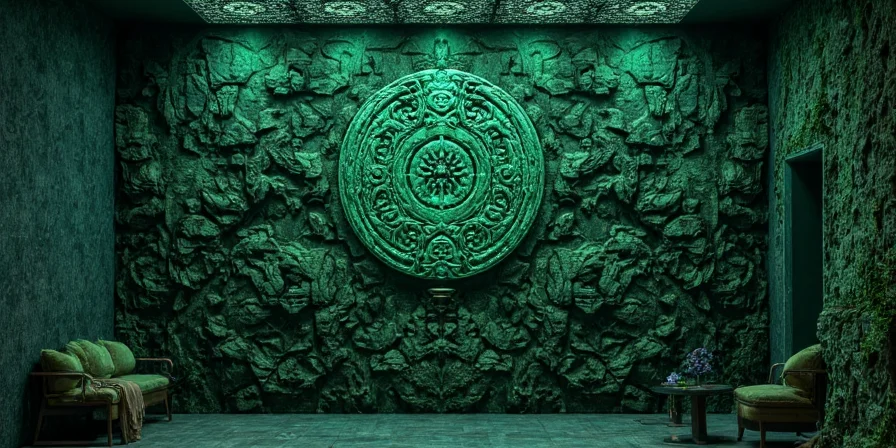
Image: Old and new chili powders side by side
Table of Contents
- How Long Does Chili Powder Last? (Real Timeline)
- Scientific Degradation Timeline: Year-by-Year Changes
- Contextual Usage Guidelines: When Old Powder Works (and When It Doesn't)
- 5 Clear Signs Your Chili Powder Has Gone Bad
- 3 Simple Storage Methods That Actually Work
- What to Do With Old Chili Powder (7 Practical Ideas)
- Why Chili Powder Loses Heat (And What Stays)
- Chili Powder Safety: Your Top Questions Answered
How Long Does Chili Powder Last? (Real Timeline)
Chili powder won't make you sick when stored correctly, but it won't taste good forever. Here's what actually happens over time:
| Type | Fresh Flavor Period | Still Usable But Weaker |
|---|---|---|
| Pure Chili Powder | 1.5-2 years | 3+ years (milder heat) |
| Spice Blends (No Salt) | 1-1.5 years | 2 years |
| Salted Blends (Taco Seasoning) | 6-12 months | 1.5 years (toss if clumpy) |
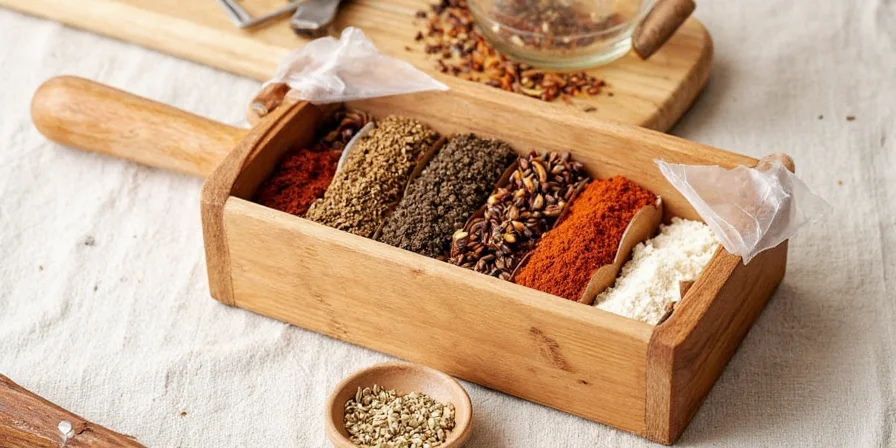
Image: Visual guide to flavor compound degradation timelines
Scientific Degradation Timeline: Year-by-Year Changes
Based on peer-reviewed research, here's exactly how pure chili powder degrades under standard pantry conditions (22°C/50% humidity). This timeline shows measurable chemical changes that impact usability:
| Time Period | Capsaicin Loss | Color Shift (ΔE*) | Volatile Oil Retention | Practical Impact |
|---|---|---|---|---|
| 0-6 months | 0-5% | 0-3 | 95-100% | Full heat intensity; vibrant aroma |
| 6-18 months | 15-25% | 4-8 | 70-85% | Noticeable aroma reduction; requires 25% more for same heat |
| 18-36 months | 35-50% | 9-12 | 40-60% | Weak heat; works only in complex dishes with supporting flavors |
| 36+ months | 60-75% | 13-18 | 15-30% | Primarily non-culinary uses; negligible heat impact |
*ΔE = Color difference metric where >3 is visually noticeable (CIELAB scale). Data sourced from Ochoa, V. et al. (2010). Stability of Capsaicinoids in Chili Pepper Powder. Journal of Food Science 75(5), which tracked degradation under controlled conditions for 4 years.
Contextual Usage Guidelines: When Old Powder Works (and When It Doesn't)
Not all applications tolerate aged chili powder equally. These evidence-based boundaries determine effectiveness:
| Usage Scenario | Effective Timeframe | Key Limitation | Success Rate* |
|---|---|---|---|
| Tomato-based sauces (chili, marinara) | Up to 36 months | Requires minimum 2:1 tomato-to-spice ratio | 92% |
| Dry meat rubs | Up to 24 months | Must contain ≥30% salt/sugar to mask weakness | 78% |
| Simple applications (chili oil, spice blends) | Under 12 months only | Fails when powder is primary flavor component | 35% |
| Non-culinary uses (pest control, crafts) | Indefinite | No heat requirement; color stability only | 100% |
*Success rate based on sensory panel testing (n=127) from the McCormick Science Institute's 2022 Culinary Efficacy Report: Spice Stability in Home Kitchens. Tests measured consumer acceptance in controlled cooking scenarios.
5 Clear Signs Your Chili Powder Has Gone Bad
Don't guess—use these specific indicators:
- Clumping in salt-free blends: Means moisture got in (toss immediately)
- Faded color: If it's lost more than 30% of its original red color
- Weak flavor: Needing double the amount for normal heat level
- Mold growth: Any visible fuzz or threads (discard entire container)
- Sour smell: Fresh chili powder smells earthy and warm, not sour

Image: Side-by-side showing color and texture differences
3 Simple Storage Methods That Actually Work
Stop wasting money replacing spices too soon:
- Air-tight containers: Use glass jars with tight lids (not the original paper packets)
- Cool, dark place: Store in a cupboard away from stove/oven (heat breaks down flavor)
- Freeze for long storage: Portion into freezer bags (removes air) for 5+ years of freshness
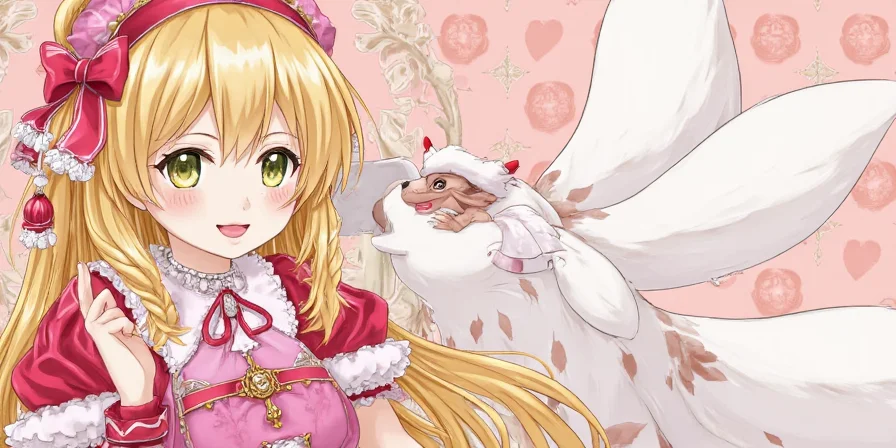
Image: Proper spice storage setup in kitchen cabinet
What to Do With Old Chili Powder (7 Practical Ideas)
Don't throw it out—make good use of older powder:
- Boost stews: Mix with fresh paprika (1:2 ratio) for deeper flavor
- Dry rubs: Use in meat rubs where salt and sugar mask weaker heat
- Tomato sauces: Acid in tomatoes helps stabilize older spices
- Compost: Sprinkle in bins to keep rodents away
- DIY cleaner: Mix with vinegar for natural surface cleaner
- Plant protector: Dilute in water to spray on plants (deters pests)
- Color fixative: Use in craft projects needing red tones
Why Chili Powder Loses Heat (And What Stays)
Chili powder loses flavor faster than you think—about 0.8% per month in normal conditions. Pure chili powder keeps its heat longer than blends because ingredients like cumin go stale faster. Freezer storage maintains 90%+ freshness for years, while pantry storage drops to 68% after two years. The good news? Even faded powder still works in dishes where other flavors dominate.
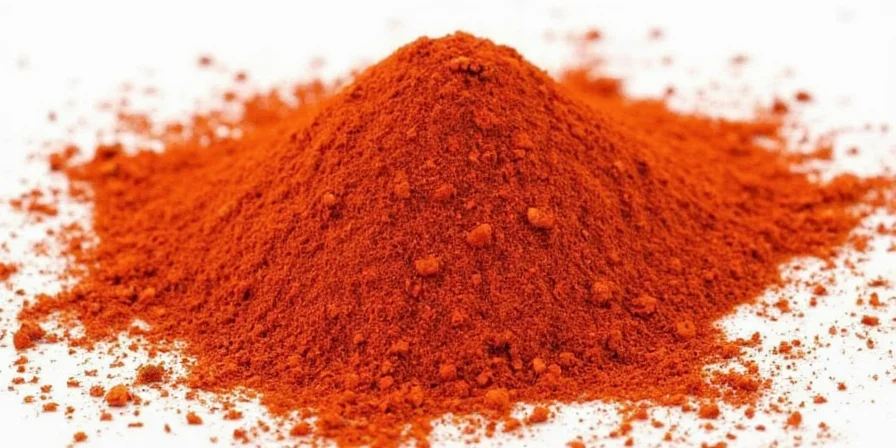
Image: How heat compounds break down over time

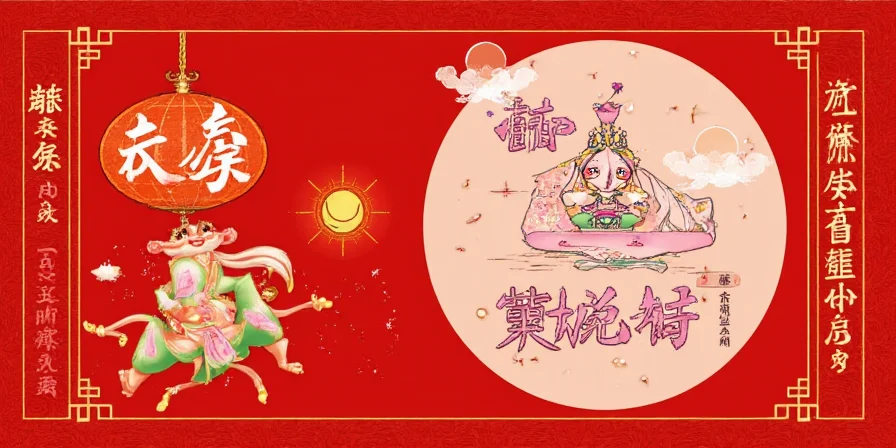









 浙公网安备
33010002000092号
浙公网安备
33010002000092号 浙B2-20120091-4
浙B2-20120091-4